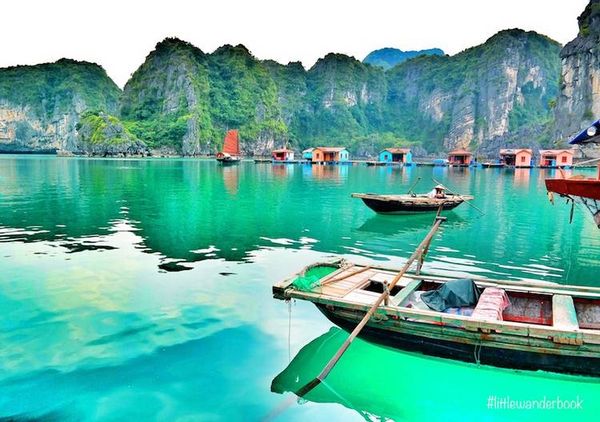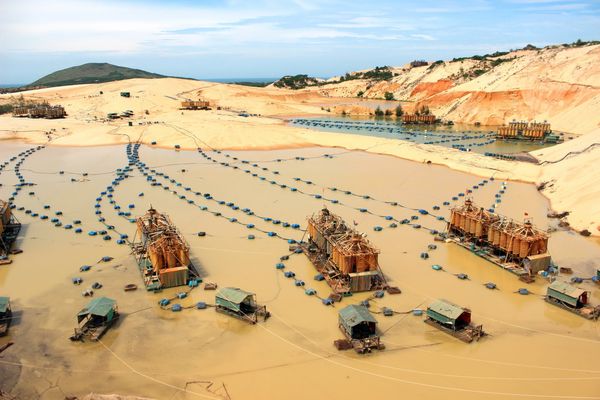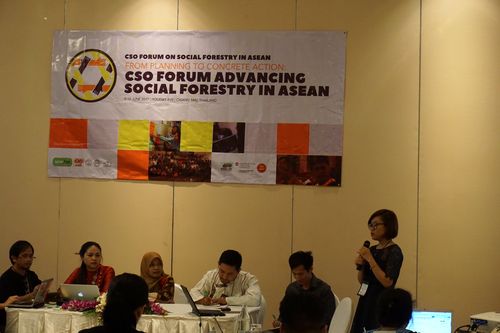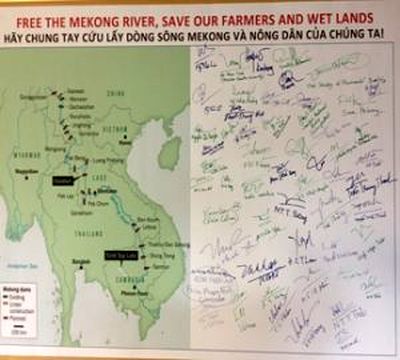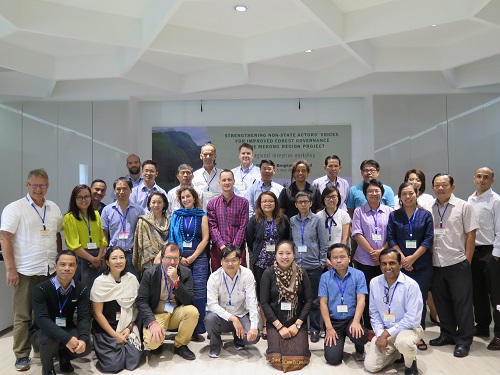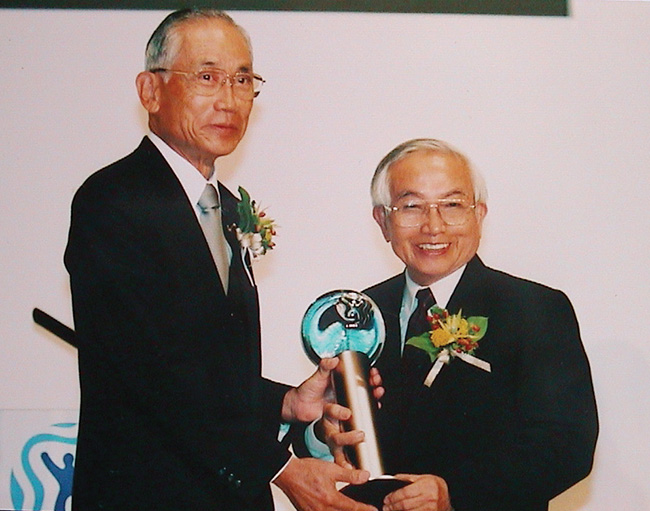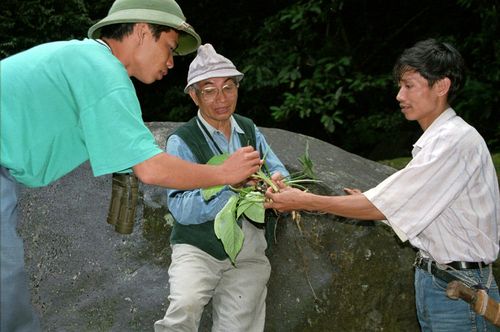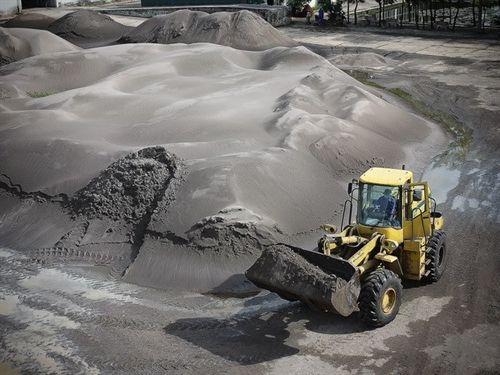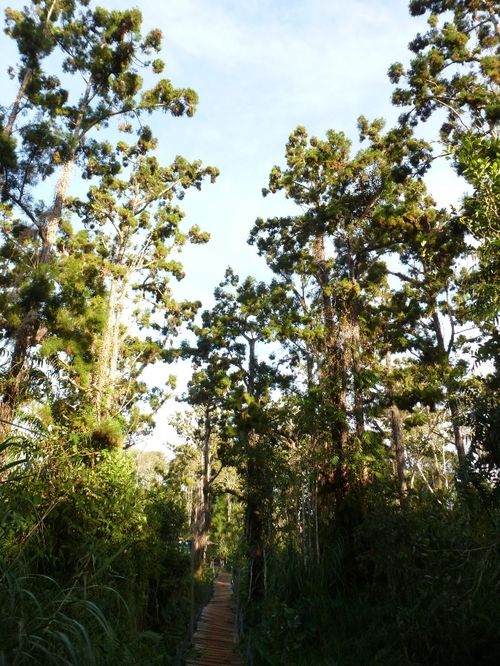How Halong bay Floating Village has changed since locals move to the mainland?
The USAID funded project has been successful due to cooperation from many people and groups. It has been implemented by Centre for Marinelife Conversation and Community Development (MCD) and its Partners and Nature Reconciliation (PanNature) and the Center for Environment and Community Research (CECR), along with cooperation from Quang Ninh province People’s Committee, relevant agencies, enterprises, NGOs,…and local communities in the alliance, advice from national and international experts.

